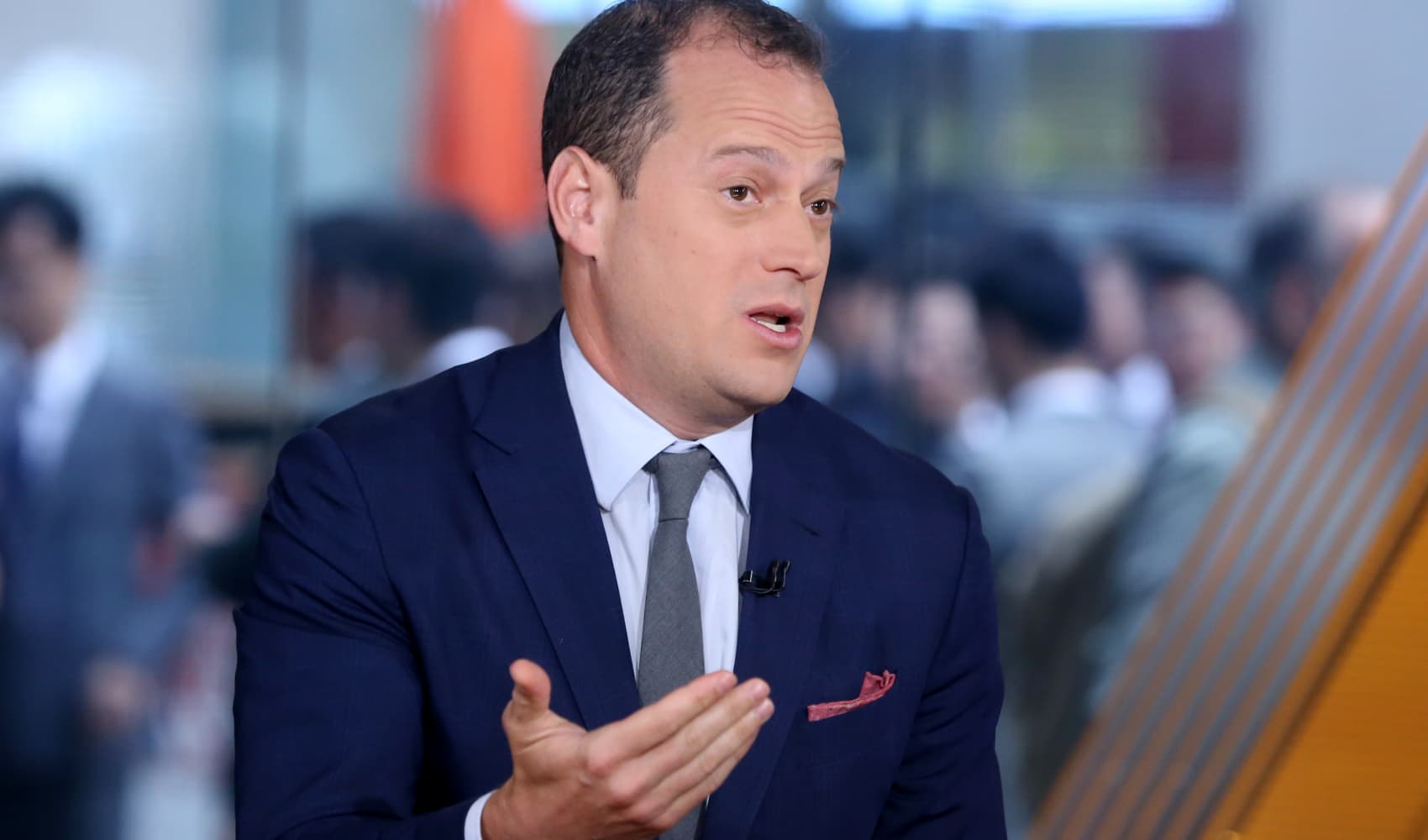
This report is from today's CNBC Daily Open, our international markets newsletter. CNBC Daily Open brings investors up to speed on everything they need to know, no matter where they are. Like what you see? You can subscribe here.
What you need to know today
Dow rises, others fall
U.S. markets traded mixed Friday. The Dow Jones Industrial Average rose to touch a new high, but the S&P 500 and Nasdaq Composite dropped. The pan-European Stoxx 600 index lost 1.42%, dragged down by auto stocks which shed 3.6%. After cutting its 2024 guidance, Mercedes sank over 8% before paring losses to 1.6% by the end of the day.
Qualcomm takeover of Intel?
Qualcomm recently approached Intel for a possible takeover. Whether talks proceeded or what possible deal terms would be are unclear, according to a source. Considering Intel's market cap of over $90 billion, the deal, if it were to happen, would be one of the largest technology mergers ever. Intel has in recent years struggled with its business.
Get top local stories in DFW delivered to you every morning. Sign up for NBC DFW's News Headlines newsletter.
Rate cut considerations
U.S. Federal Reserve Governor Christopher Waller said Friday he voted for a half-point point rate cut because "inflation is softening much faster than [he] thought it was going to." Michelle Bowman, who voted for a quarter-point cut, said in a statement, "the Committee's larger policy action could be interpreted as a premature declaration of victory" on inflation.
'As long as it takes'
Boeing workers entered their second week of strikes, and might continue for some time. One worker who spoke on the condition of anonymity said he'd been saving for months – and "can last as long as it takes" to attain a more favorable labor contract from Boeing. The strike costs Boeing around $50 million a day, according to aerospace analyst Ron Epstein.
[PRO] Testing momentum
Stocks rallied last week on the back of a bigger-than-usual interest rate cut. The Dow Jones Industrial Average and S&P 500 hit new highs. Whether they can sustain that momentum is another matter. Plenty of data – such as Friday's personal consumption expenditure index – this week will test stocks, writes CNBC Pro's Sarah Min.
Money Report
The bottom line
Markets seemed to accept that the Fed's supersized rate cut last week was because the central bank wanted to keep the job market healthy.
Some doubt appeared to creep back in on Friday.
FedEx shares plunged 15.2% after it reported first-quarter earnings that missed expectations. It's not just bad news for the company and its investors.
The freight company's seen as a bellwether for the economy. The higher overall demand is, the more shipping services are required. Hence, when FedEx misses revenue estimates, one possible conclusion's that the economy's not doing as hot as expected.
Some analysts are also growing concerned about the state of the economy and markets.
Piper Sandler chief global economist Nancy Lazar noted the current easing cycle echoes that of 2001 and 2007, when the Fed's first cut was also half a percentage point. But that first jumbo cut couldn't avert the recessions of the early 2000s and the global financial crisis.
"On average, it takes 10 quarters after rate liftoff for a downturn to commence. This is the 10th quarter. And given the size of the rate hikes, and the Fed's balance sheet drawdown, joblessness could reach 6%," wrote Lazar.
In terms of financial markets, financial firm BTIG sees a possible pullback. But it's optimistic "the weakness [is] likely to be more moderate than we initially thought," noted chief market technician Jonathan Krinsky.
Indeed, even though the S&P retreated 0.19% and the Nasdaq fell 0.36% on Friday, the Dow eked out a 0.09% increase for a new closing high. All three indexes also ended the week in the green.
Last week's burst of euphoria was mostly driven by anticipation and celebration of the Fed's rate cut. Markets this week will look at the hard data coming out, like the preliminary measure of PMI, consumer confidence and PCE report. They'll give more clues on whether the cut was really a recalibration, or a reaction.
– CNBC's Alex Harring, Hakyung Kim and Brian Evans contributed to this story.






